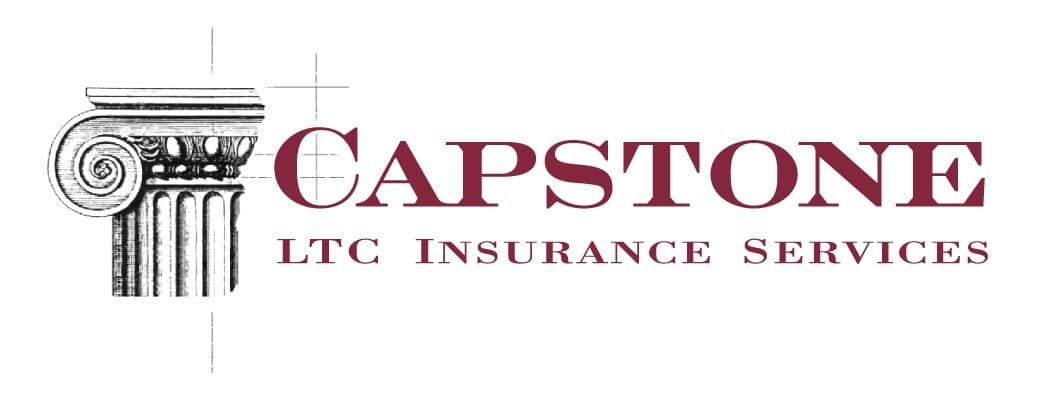Tax Saving Tips
Tax Saving Tips for Individuals and Business Owners.
Recognizing that government can’t pay the bill for long-term care, federal and a growing number of state tax codes now offer tax incentives to encourage Americans to take personal responsibility for their future long-term care needs. Tax incentives are available to individuals and business owners who plan ahead.
- Long-term care insurance premiums may be paid from a Health Savings Account (HSA) up to the yearly limits.
- Individual taxpayers who itemize their tax deductions can treat premiums paid for tax-qualified long-term care insurance for themselves, their spouse or any tax dependents (such as parents) as a personal medical expense. The yearly maximum deductible amount for each individual depends upon the insured’s age at the close of the taxable year. Deductible maximums are indexed to increase each year for inflation. For individuals, premium amounts up to the age-based limit combined with traditional medical expenses are subject to the same tax rules such as being subject to the 7.5% threshold based on the tax filer’s adjusted gross income for the year.
- Self-employed individuals can deduct tax-qualified long-term care insurance premiums as a trade or business expense similar to health and accident insurance premiums. A tax deduction is allowed for the self-employed individual, for his or her spouse and other tax dependents. The yearly deductible maximum for each covered individual is the age-based limits.
- Like any other employer, a Partnership or S-Corporation may deduct premiums paid for tax-qualified long-term care insurance paid for employees, their spouses and eligible dependents. Partners and more than 2% shareholders of S-Corps are considered to be self-employed ‘owners’. The amount of long-term care insurance premium paid for ‘owners’ is included in each individual’s gross income for the year. The individual can then take a self-employed health insurance deduction for this amount, not to exceed the age-based limits.
- A Limited Liability Company (LLC) can take one of three forms: that of a sole proprietor; a partnership or a C-Corporation. An LLC’s long-term care insurance tax treatment will depend on whether it is taxed like a partnership (the owners are self-employed) or a C-Corporation.
- C-Corporations benefit from complete (100%) deductibility of tax-qualified long-term care insurance protection as a business expense similar to traditional health and accident insurance premiums. 100% tax-deductible insurance protection can be purchased for employees and owners. Company-paid policies can cover spouses even though they are not employed by the corporation and even retirees.
Long-term care insurance may be fully deductible and business owners especially may be able to use pre-tax corporate dollars for your post-retirement asset protection. This can be a valuable benefit to offer to select key employees. Small groups may also qualify for discounts-an added benefit!
Please contact us for more information or for the current age-based tax limits. Always consult a tax advisor for details for your specific situation.
Ready to Get Started?
Let's Go
